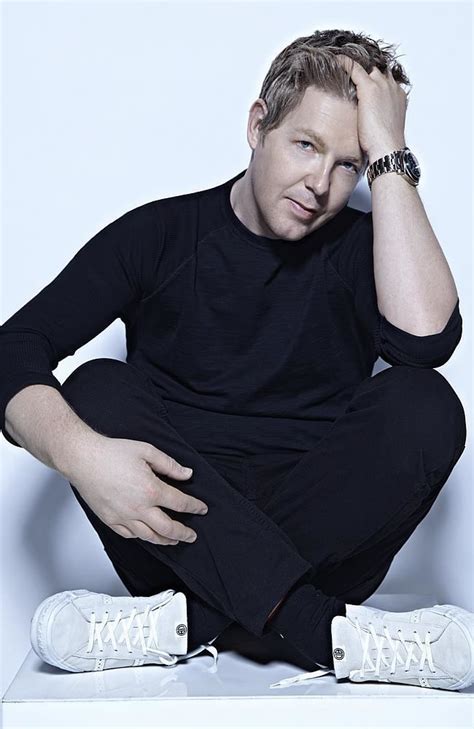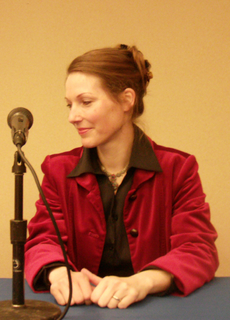A Quote by John Twelve Hawks
Although I write dystopian fiction, I don't believe in dystopian fantasies.
Quote Topics
Related Quotes
I suspect the popularity of young adults and dystopian novels has something to do with a desire for allegory and old-fashioned morality tales. In fact, you might find your religious framework here in dystopian, post-apocalyptic fiction. Here, and in videogames, you find strict codes of authority, the "rules of the game," the life-or-death quest and struggle that people crave.
What tends to happen when people talk about Chinese sci-fi in the West is that there's a lot of projection. We prefer to think of China as a dystopian world that is challenging American hegemony, so we would like to think that Chinese sci-fi is all either militaristic or dystopian. But that's just not the reality of it.
'Divergent' was my utopian world. I mean, that wasn't the plan. I never even set out to write dystopian fiction, that's just what I had when I was finished. At the beginning, I was just writing about a place I found interesting and a character with a compelling story, and as I began to build the world, I realized that it was my utopia.

































